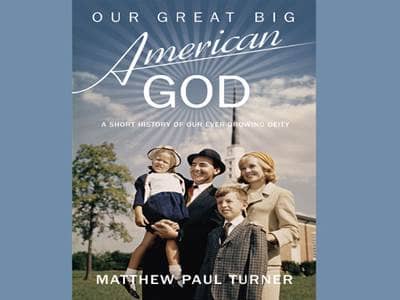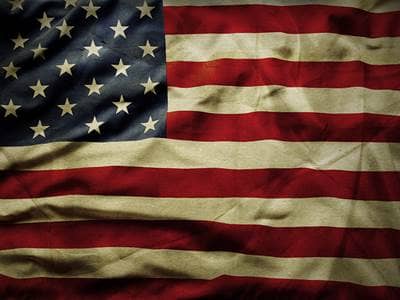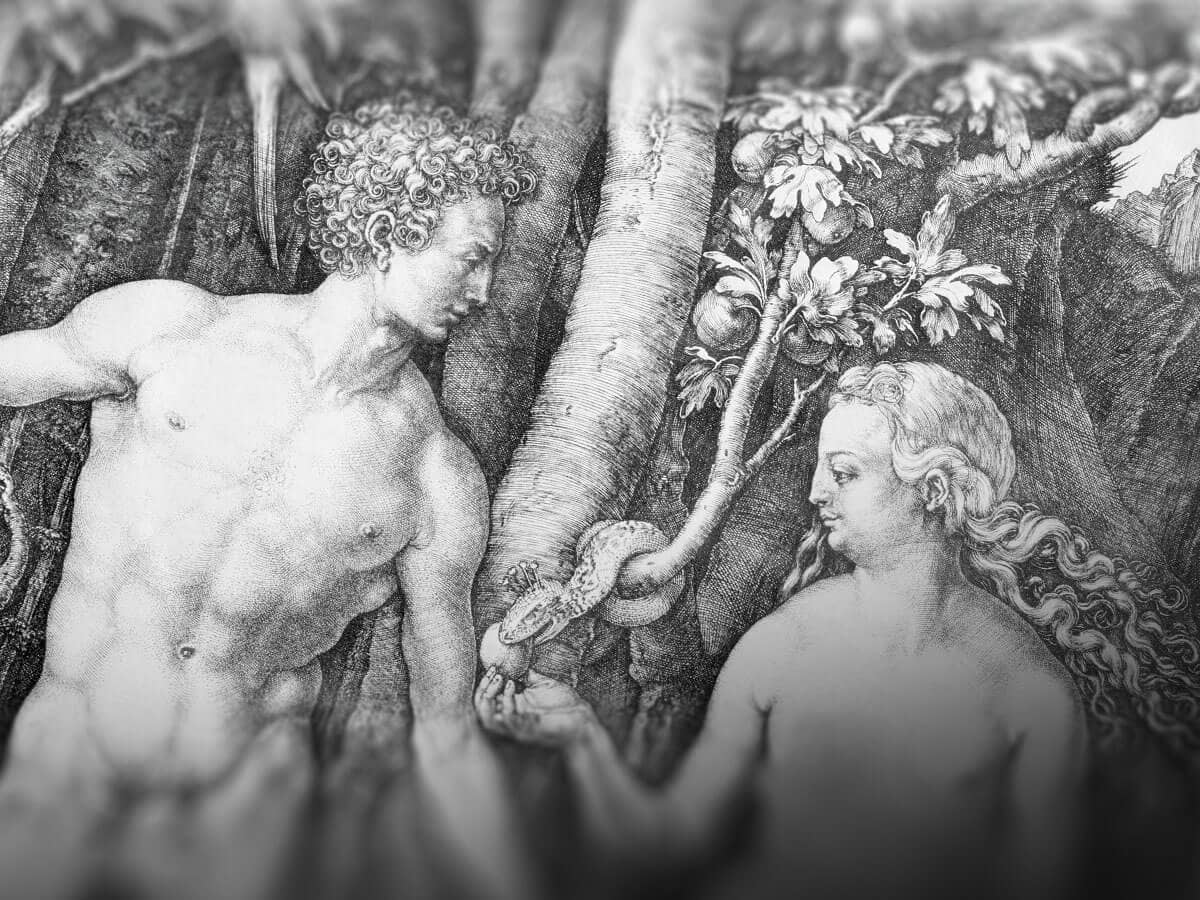
A host of U.S. presidents, from John Adams and Abraham Lincoln to John F. Kennedy and George W. Bush, have offered their unique spin on the sentiment. Even Sarah Palin paid homage to the phrasing during her run for vice president alongside Senator John McCain in 2008. In America by Heart: Reflections on Family, Faith, and Flag, Palin writes, “America is an exceptional nation, the shining city on a hill that Ronal Reagan believed it is.” Palin combines Winthrop’s ideal with an idea that many Call American exceptionalism, a concept that paints America as the greatest nation in the world. Palin writes that “many people don’t believe we have a special message for the world or a special mission to preserve our greatness for the betterment of not just ourselves but all of humanity.”
Ronald Reagan loved borrowing the words of Winthrop to define America, something he did throughout his political career. But in 1989, during his final speech as president, Reagan sat in the Oval Office and explained his own vision:
The past few days when I’ve been at that window upstairs, I’ve thought a bit of the “shining city upon a hill.” The phrase comes from John Winthrop, who wrote it describe the America he imagined….He journeyed here on what today we’d call a little wooden boat; and like the other Pilgrims, he was looking for a home that would be free. I’ve spoken of the shining city all my political life, but I don’t know if I ever quite communicated what I saw when I said it. But in my mind it was s tall, proud city built on rocks stronger than oceans, windswept, God-blessed, and teeming with people of all kinds living in harmony and peace; a city with free ports that hummed with commerce and creativity. And if there had to be city walls, the walls had doors and the doors were open to anyone with the will and the heart to get here. That’s how I saw it. And see it still.
Was that how John Winthrop saw it? It’s not that Ronald Reagan’s vision was particularly evil, but Regan’s “city” is very much a nationalized idea. Winthrop seemed far too consumed with the pursuit of humility to cast such an American-focused ideal. As a Puritan, he certainly doused his “humble thoughts” with more than a dash of pride; still he can’t have imagined an America that resembled anything remotely similar to the Godtropolis that Reagan (and Palin) seemed to visualize.
Or perhaps Reagan was right. Maybe Winthrop’s “city upon a hill” was indeed a municipality brimming with capitalism, patriotism, and a very liberal immigration policy. Lucky for Regan, Winthrop never fully explained the details of the vision.
However, two generations later, one Puritan did expound on Winthrop’s “city.” Cotton Mather, a Puritan preacher, had been inhaling American exceptionalism since he was a kid an ideology he no doubt inherited from his father, Increase Mather, and his grandfather Richard Mather, both celebrated clergymen of the Bay Colony. Though Mather was born nearly three decades after Winthrop’s death, his professional work showcases a lifelong interest in the Bay Colony’s first governor. Not only did Mather write a two-part biography about Winthrop, but in 1710 he paid homage to Winthrop’s “city” in Theopolis Americana, which means God City: America:
Our glorious Lord will have [a] holy city in America, a city the streets whereof will be pure gold. We cannot imagine that the brave countries and gardens which fill the American hemisphere were made for nothing but a place of dragons. We may not imagine that when the kingdom of God is come and his will is done on earth as it is done in heaven – which we had never been taught to pray for if it must not one day be accomplished – a balancing half of the globe shall remain in the hands of the devil, who is then to be chained up from deceiving the nations.
Cotton Mather had drunk the Kool-Aid, the juice made by John Cotton and John Winthrop seventy years earlier. Mather believed that God had created the universe and that front and center he carved out a spot for America. Is Mather’s Theopholis the America that Sarah Palin prays for, a holy city which streets made of gold and underground pipelines filled with black gold? An America that stomps around the world like she owns the place?
Because at the heart of this kind of relationship between God and America – one that seems to believe an “executive order” is just another way of saying “thy kingdom come, thy will be done” – there sits a swelling amount of pride, a nationalized pride, a pride that continues today to shape our understanding of America as well as our understanding of America’s God.
While the Bible says that pride goes before a fall, in America’s case it also goes before a rise to power. And while we rarely hear people today brag like Sarah Palin does about how exceptional America is, the narrative she promotes still plays out in our country’s Christianity, from the intent and purposes of our missionaries to how Christians in some areas if the United States treat Muslims to the powerful roles that Christians still play today in areas of politics, domestic affairs, and foreign policy. This American pride is found in the very roots of our nation’s God, a God who would soon put America squarely in control of our own destiny. And perhaps, by default, in control of the destiny of God.
Excerpted from Our Great Big American God by Matthew Paul Turner. Used with permission from Jericho Books, a division of Hachette Book Group, Inc.


